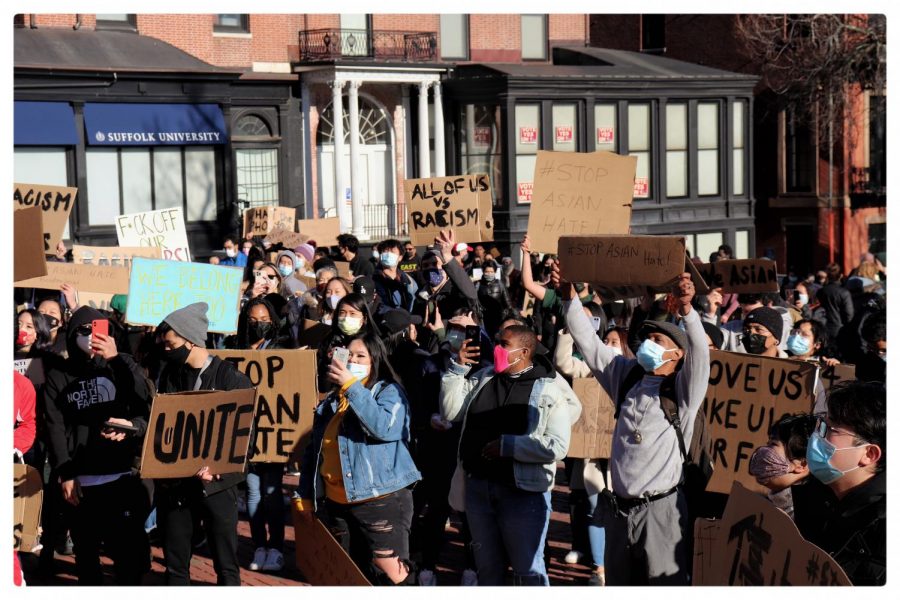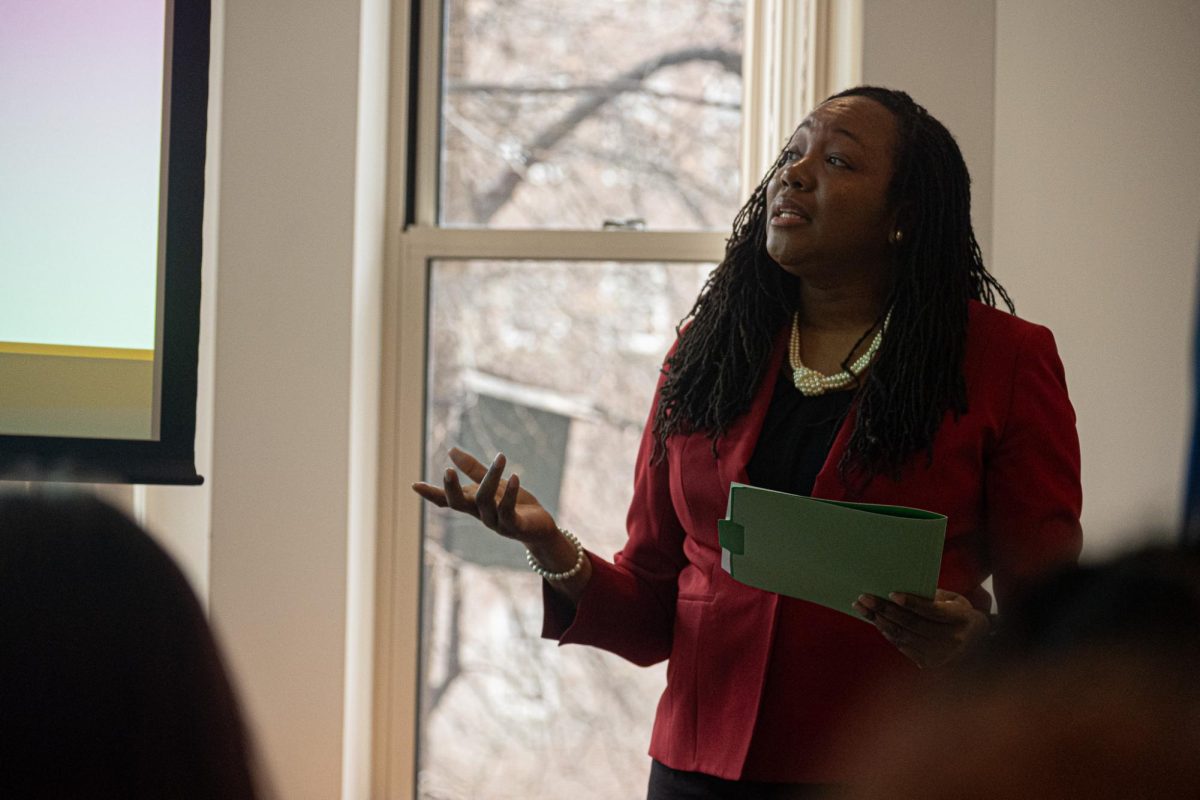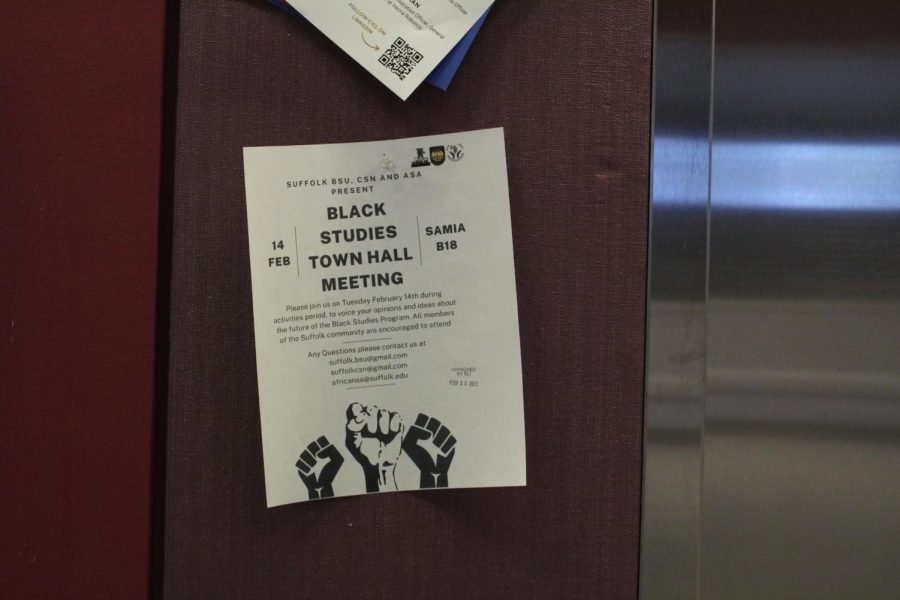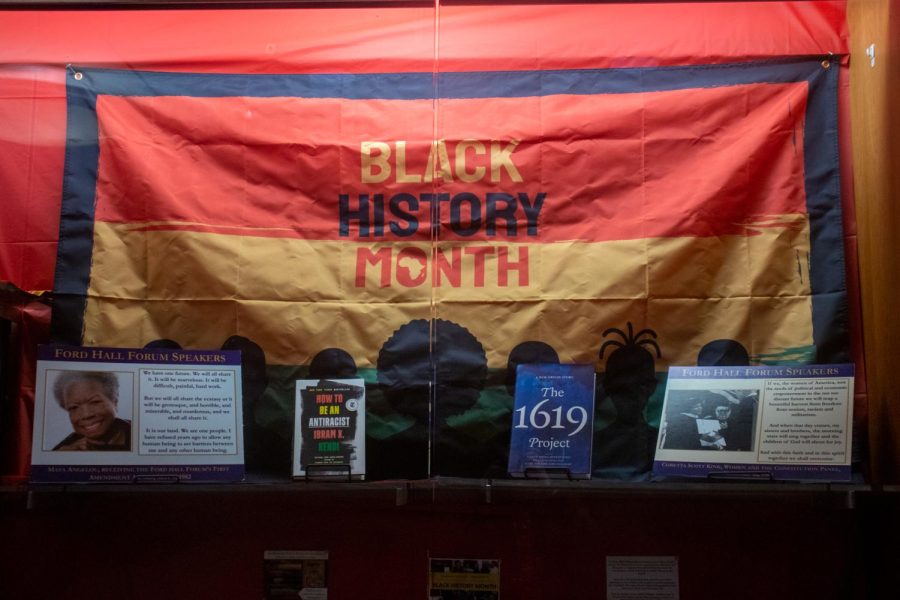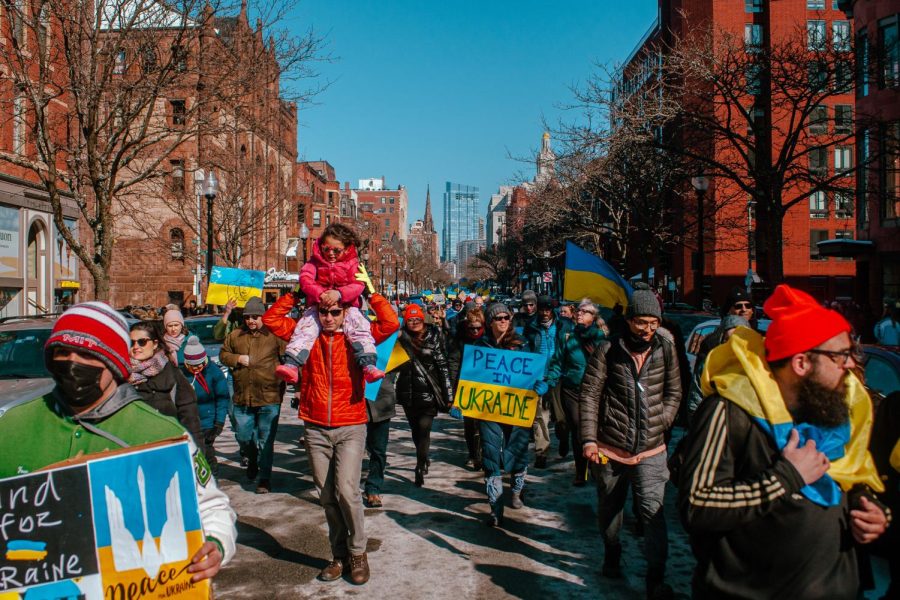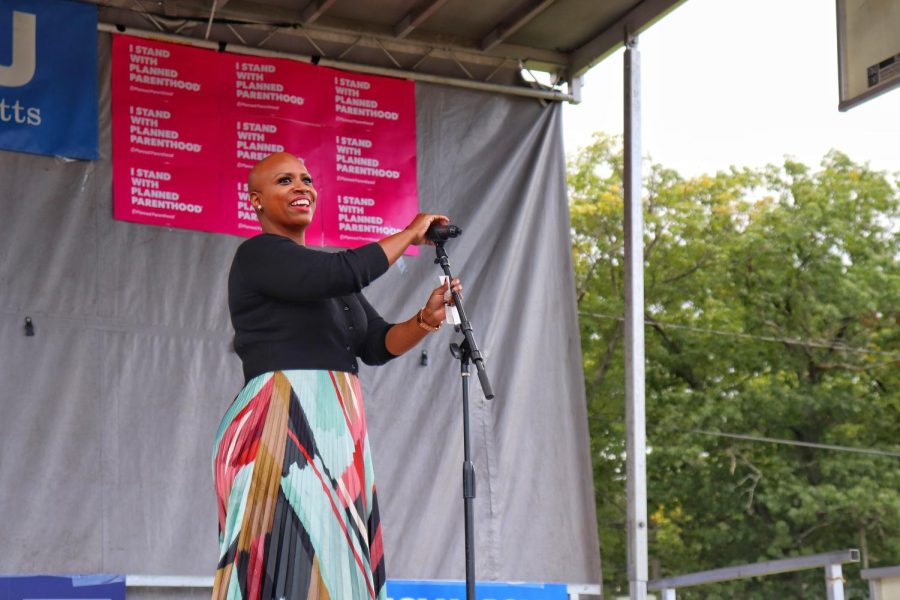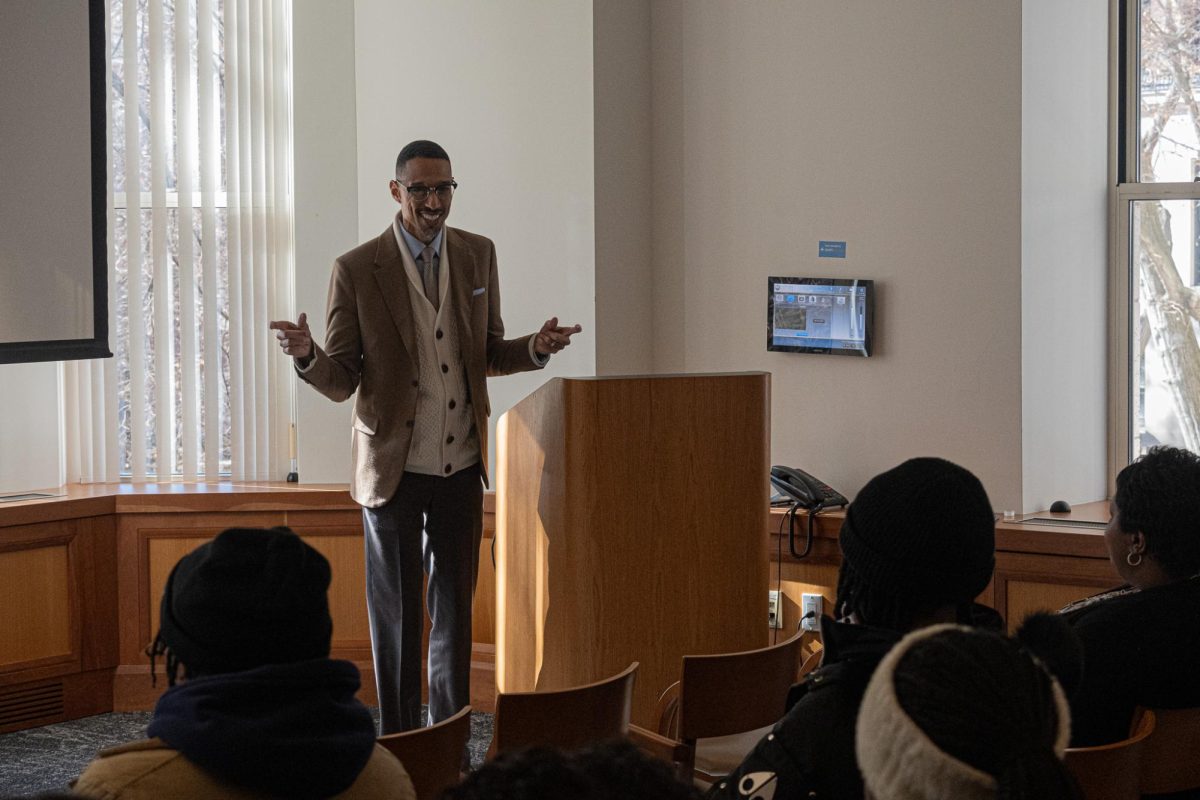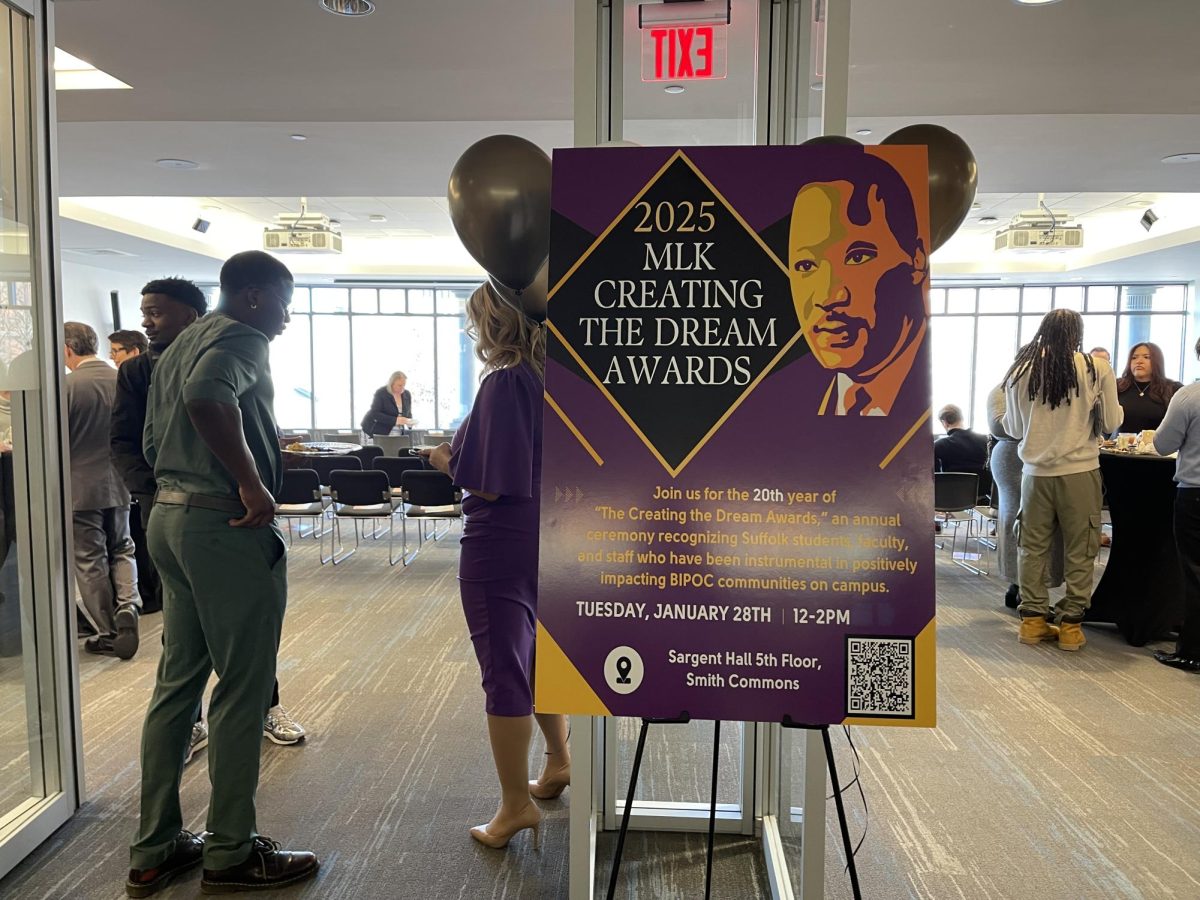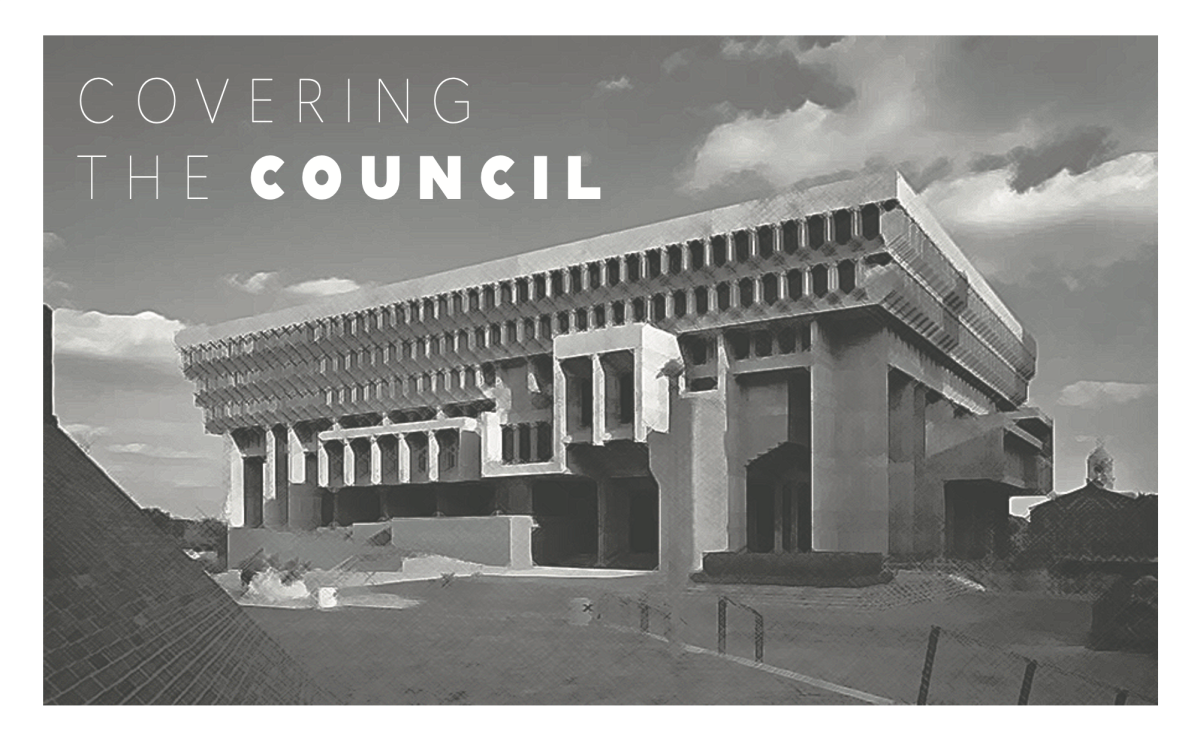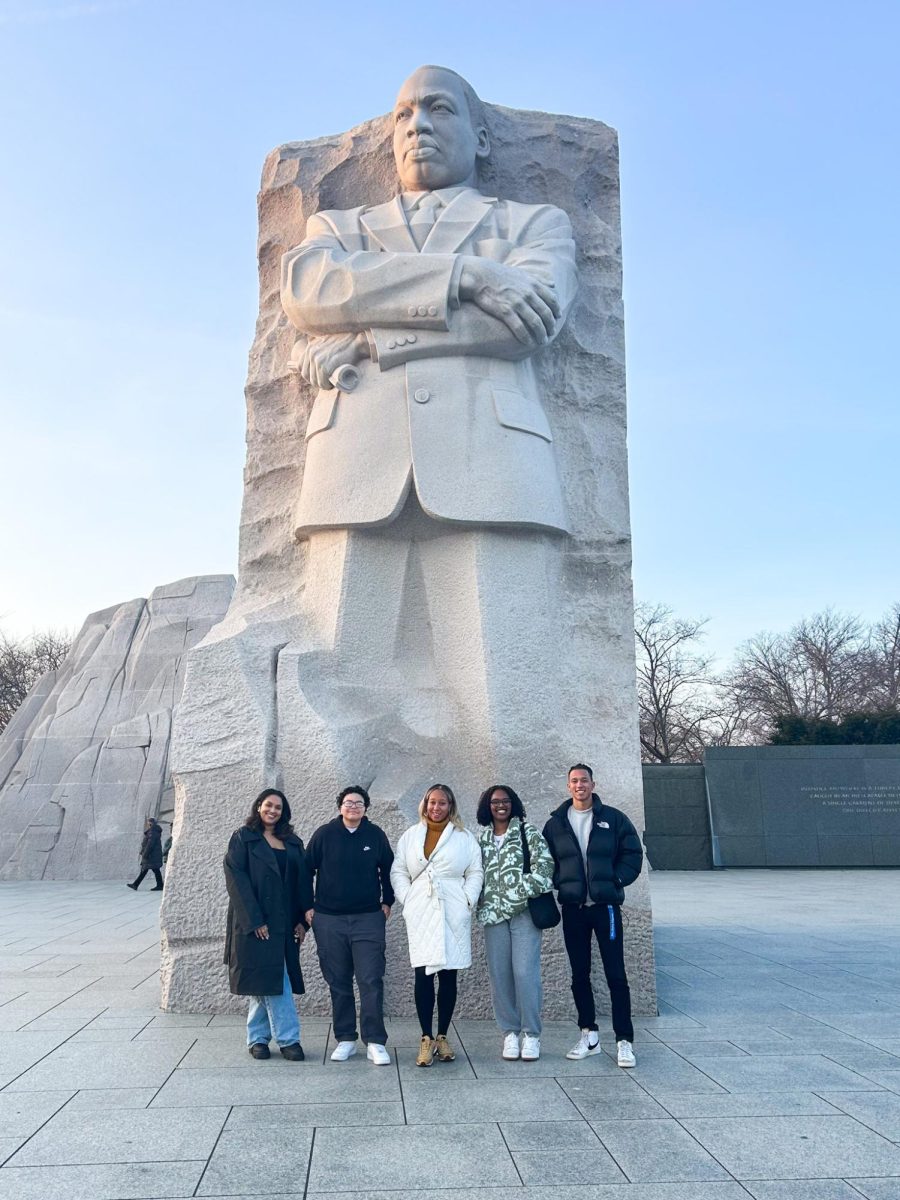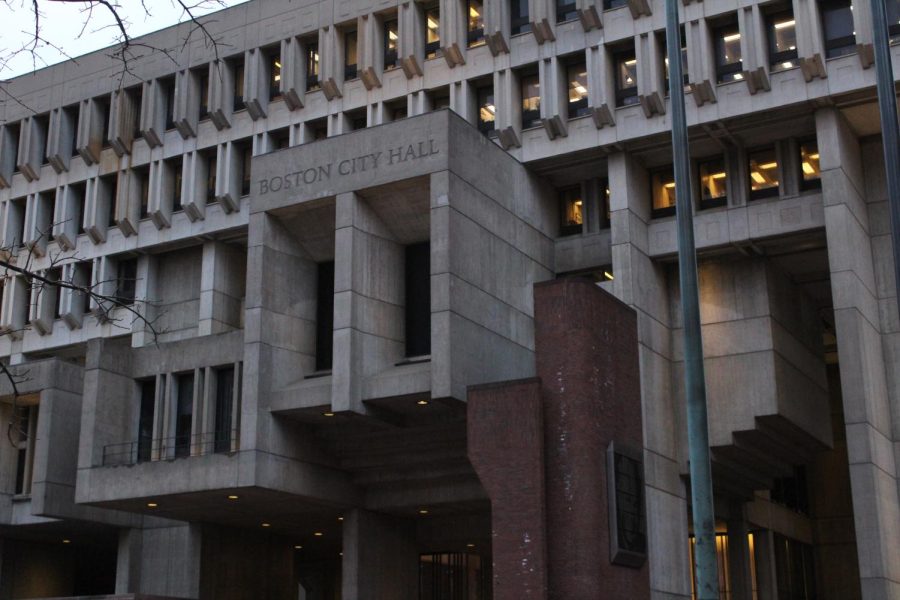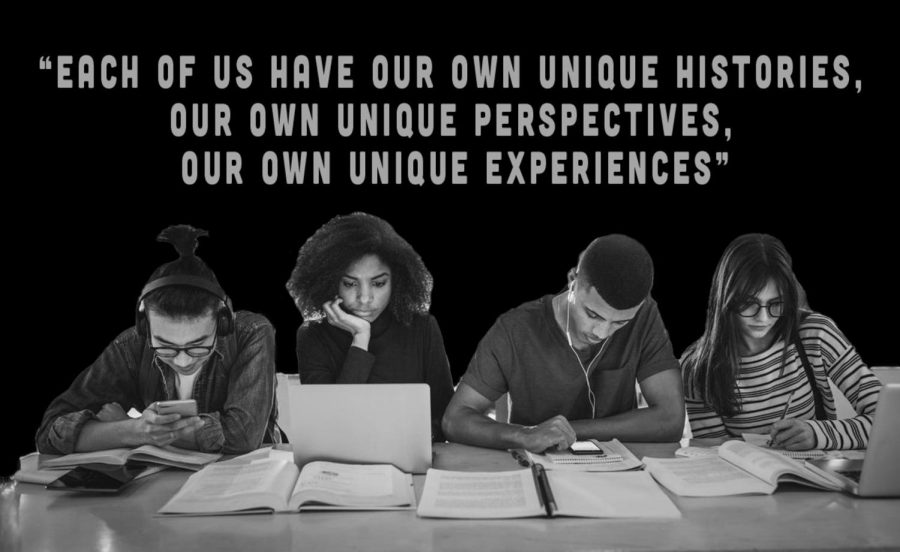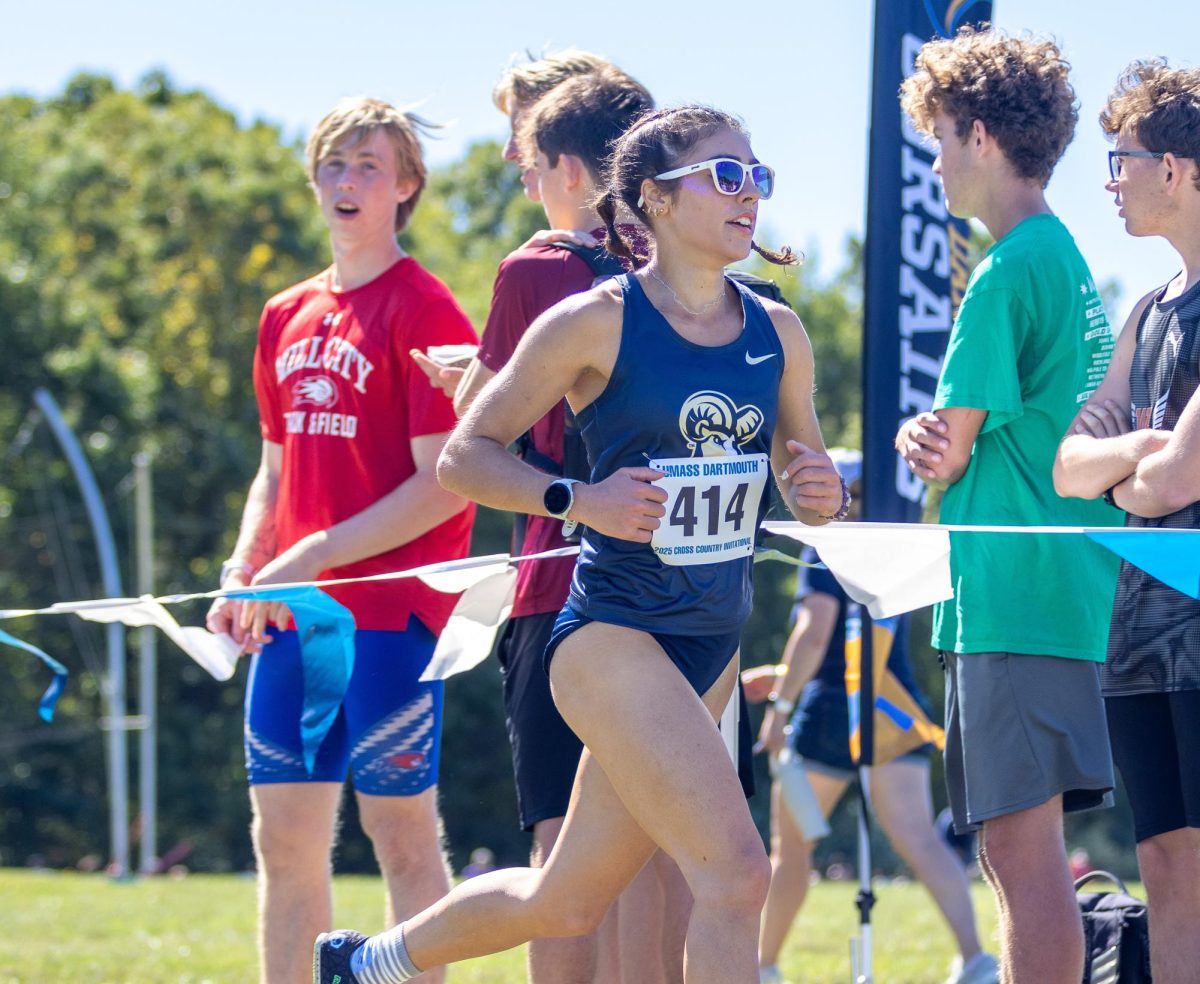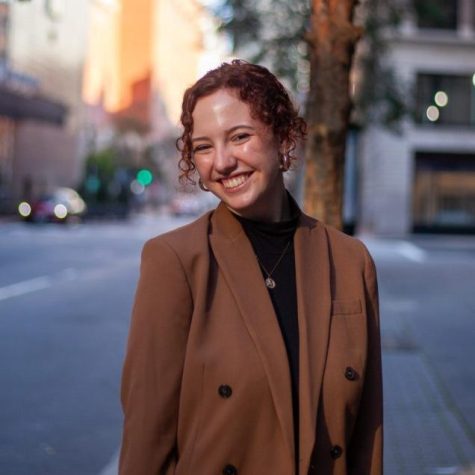Hate crimes against Asian Americans have spiked nearly 150% in the past year, with the most recent instances of violence in Atlanta and San Francisco shocking the nation.
Eight were left dead after a gunman opened fire inside three Atlanta spas on March 16, with six of the victims being Asian American women. In San Francisco, a man has been charged after it was reported that he punched an Asian American man at a bus stop while shouting a racial slur.
After the shooting in Atlanta, Suffolk University’s President Marisa Kelly released a statement condemning the violence and racism against Asian Americans.
“Members of the Suffolk University community embrace our responsibility to combat such discrimination and hate. We continue to take concrete steps to make positive change, but I call on our entire community to redouble efforts to combat all racism, including racism against Asians and Asian Americans,” Kelly said in the statement.
Suffolk student and president of the Asian American Association (AAA) Anna Nguyen said Suffolk should have recognized violence against Asian Americans sooner, since it has been on the rise since the beginning of the pandemic.
“There’s still more acknowledgment that needs to be done,” said Nguyen, a senior majoring in biology. “[Hate crimes against the Asian American community have] always been happening throughout history, but it really skyrocketed after COVID, and it wasn’t really addressed.”
Xin Yi Yap, co-chair of the Diversity and Inclusion Council and the Student Government Association senator-at-large for international students, said students should continue to educate themselves on the reality of discrimination happening not just across the nation, but where they live.
“The belief that discrimination is not prevalent in the American Northeast and ‘progressive states’ is a dangerous precedent that is in the minds of many in the community and in itself the perpetuity of the deep-rooted oppression Asians — and to a larger extent, Black and Indigenous folks — face daily,” she said. “Don’t put the burden of information and education on us Asians by asking us what we expect of you — take responsibility for the privilege you are given. Your solidarity is only as authentic as your actions.”
To help support the Suffolk community, the university’s Truth, Racial Healing and Transformation Initiative facilitated a healing circle on March 25. AAA helped promote this event, and Nguyen noted that most attendees were not students, but faculty.
She said that to truly show solidarity with the Asian American community, students should get involved beyond social media and take the time to acknowledge and educate themselves.
“There needs to be more,” she said. “[There needs to be] acknowledgement of what has been happening and acknowledgment that it does matter and there is a serious problem. Not just going ‘I’m sorry’ and calling it a day.”
“There is no solidarity without accountability,” Yap said. “I seek members of the Suffolk community to express your solidarity in ways of holding yourselves accountable for the education and advocacy of the rights of those around you.”
AAA is hoping to host more events in the future regarding solidarity with the AAIP community with Suffolk’s Center for Diversity and Inclusion.


